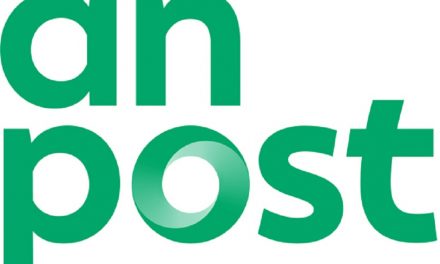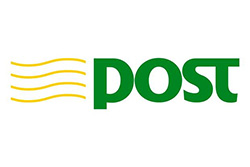
(Irish)Postal services under threat as losses increase to £12m mark
POST offices losses are to increase fourfold to £12m this year from £3m in 2000, according to the Minister for Public Enterprise Mary O’Rourke.
She told the communications union (CWU) conference in Tralee yesterday that if the post office system does not change, losses could hit £28m in 2004.
“The current situation is unsustainable and threatens the continuation of the existing level of services as well as the future viability of An Post,” she warned.
The State postal service faces radical changes and an interdepartmental group of civil servants is examining proposals to subsidise loss-making post offices as a social service.
Ms O’Rourke’s address came a day after she published a Bill detailing proposals for an employee share option plan (ESOP) worth about £2,600 for each of An Post’s 8,500 employees based on a valuation of £150m.
The Bill also caters for an equity partner, most likely to be either the main British, German or Dutch postal services.
An Post also faces EU Commission led deregulation.
The CWU general secretary, Con Scanlon told the conference that Commission proposals to speed up the deregulation should be resisted.
The minister referred to a study of the post office network last year by former trade union leader, Phil Flynn and the government’s commitment to retain hundreds of small, heavily loss-making post offices.
She said that Mr Flynn’s report “makes worrying reading as it points out that losses are escalating and unsustainable, not just in rural post offices but also in urban centre.
“In fact the greatest increase in losses will arise from the cities and towns rather than rural post offices.”
Delegates were told that due to increasing costs and falling profit margins further significant losses are projected.
Ms O’Rourke added that “the post office division is critically dependant on just three contracts for 80pc of its revenue and all of them are either currently or shortly up for renewal”.
Among its biggest earners are the Department of Social Welfare which uses it for pension and social allowance payments, payment of electricity bills and TV licence collection.
Developments in electronic transactions and smart cards mean that these contracts could be secured by rival private sectorcompanies.
The minister said that with moves towards securing a strategic partner and additional capital, allied to its “transformation agreement” the State company would be placed in a good position to face growing competition in the liberalised EU market.
She told delegates that she is preparing a new telecommunication regulation Bill.
This would replace the Director of Telecommunications Regulation with a regulatory commission which would be more accountable to the Oireachtas andpublic.
Over the three days the conference heard repeated criticism of the Regulator, Etain Doyle.
CWU members have claimed that she was imposing tough rules on Eircom enforcing it to open up its local access phone lines to competitors.
Under EU competition rules, since the beginning of this year Eircom was supposed to allow access to its ‘local loop’ lines at prices fixed by the Regulator.
The charges are supposed to be fair and transparent and allow a reasonable return to Eircom to provide for continued investment.
In some areas Eircom’s costs are too high and it faces hundreds of further redundancies to help improve productivity and reduce costs.












